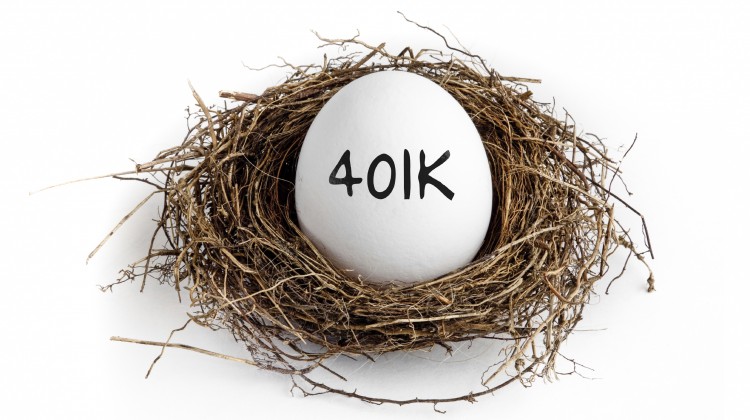Why 401(k) Is Considered The Riskiest Investment
The 401(k) is often considered the no-brainer, gold standard of retirement plans. The supposedly dependable 401(k) is not your best choice for retirement. Here are some dangers of a 401(k) for you to consider.
You can be wiped out overnight.
- Your 401(k) rises and falls with the stock market where you have absolutely no control.
- Retirement planners will tell you the market averages 8-11 percent.
- But From 2000 to 2015, the market was up just 8.4 percent total when adjusted for inflation, or 0.56 percent per year, and that was after a substantial market rally.
Administrative Fees And The Tyranny Of Compounding Costs
- The toll taken by 401(k) and associated mutual fund fees is staggering, and can eat up more than half your gains.
- With 401(k) s, there are usually more than a dozen undisclosed fees: legal fees, trustee fees, transaction fees, stewardship fees, bookkeeping fees, finder fees and more.
- If a fund is up 7 percent for the year, they take 2 percent and you get 5 percent. At first it sounds like you are getting more, yes, but in the end the mutual fund wins.
There’s No Cash Flow For Better Opportunities
- Money left to compound unpredictably for 30 years is stagnant money. There’s no cash flow ready to direct to today’s best uses.
- Instead, it’s sitting still inside one 30-year bet, while newer, better opportunities may be passing you by.
Lack of Liquidity When You Need It Most
- Money in a 401(k) is tied up with penalties for early withdrawal. This means you can’t spend or invest your money to enrich your life without great difficulty and/or taking a big financial hit.
- The only exception allows you to borrow a limited amount of money from your 401(k) if you promise to pay it back.
- This automatically leads to double taxation, the worst being if you lose your job or your income dries up, the deal changes and you must repay the loan within 60 days.
Lack of Knowledge Encourages Unconscious Investing
- Do you know the funds in which you have invested? Do you know the details of the companies inside those funds? Do you know the fund manager’s philosophy, history, and performance? How can you expect to gain a return from something that you know so little about? And how can this be called investing? It’s not investing, it’s gambling.
Fear of Taxes Leads To Underutilization
- 401(k)s are tax-deferred, meaning you avoid paying taxes today by committing to paying them later.
- The tax deferral aspect of the 401(k), which is a great boon, is actually a primary factor contributing to its underutilization.
- Finally, the retirees to let the money sit for fear of triggering burdensome tax consequences.
Higher Tax Brackets Upon Withdrawal
- People will have healthy returns on their qualified plan while at the same time figuring they’ll be in a lower tax bracket at retirement.
- If you have achieved any success, you should actually be in a higher tax bracket at retirement.
- However, assume the opposite. Even worse, those higher tax brackets are likely to be even higher in the future.
No Exit Strategy
- Early withdrawal penalties, over-the-top borrowing rules, daunting taxes, these are all incentives never to touch the money, ever.
Lost Without a Comprehensive Plan
- Many people whose finances are in shambles, yet who continue to contribute diligently to their 401(k) plans.
- You need a macroeconomic, big-picture plan that identifies, prioritizes and manages all pieces of your financial puzzle in harmony with each other.
- You don’t need a general, one-size-fits-all plan that’s sold to everyone.
Neglect of Stewardship and Responsibility
- In short, saving for retirement is wise and prudent. But other investment philosophies, products and strategies can meet your financial objectives much more quickly and safely than a 401(k).
- Investing for cash flow, or investing directly in a business, or Cash Flow Banking, where you become your own “bank,” could be smarter moves.
- Even paying off a high interest rate loan can be a smarter move than contributing to your 401(k).
